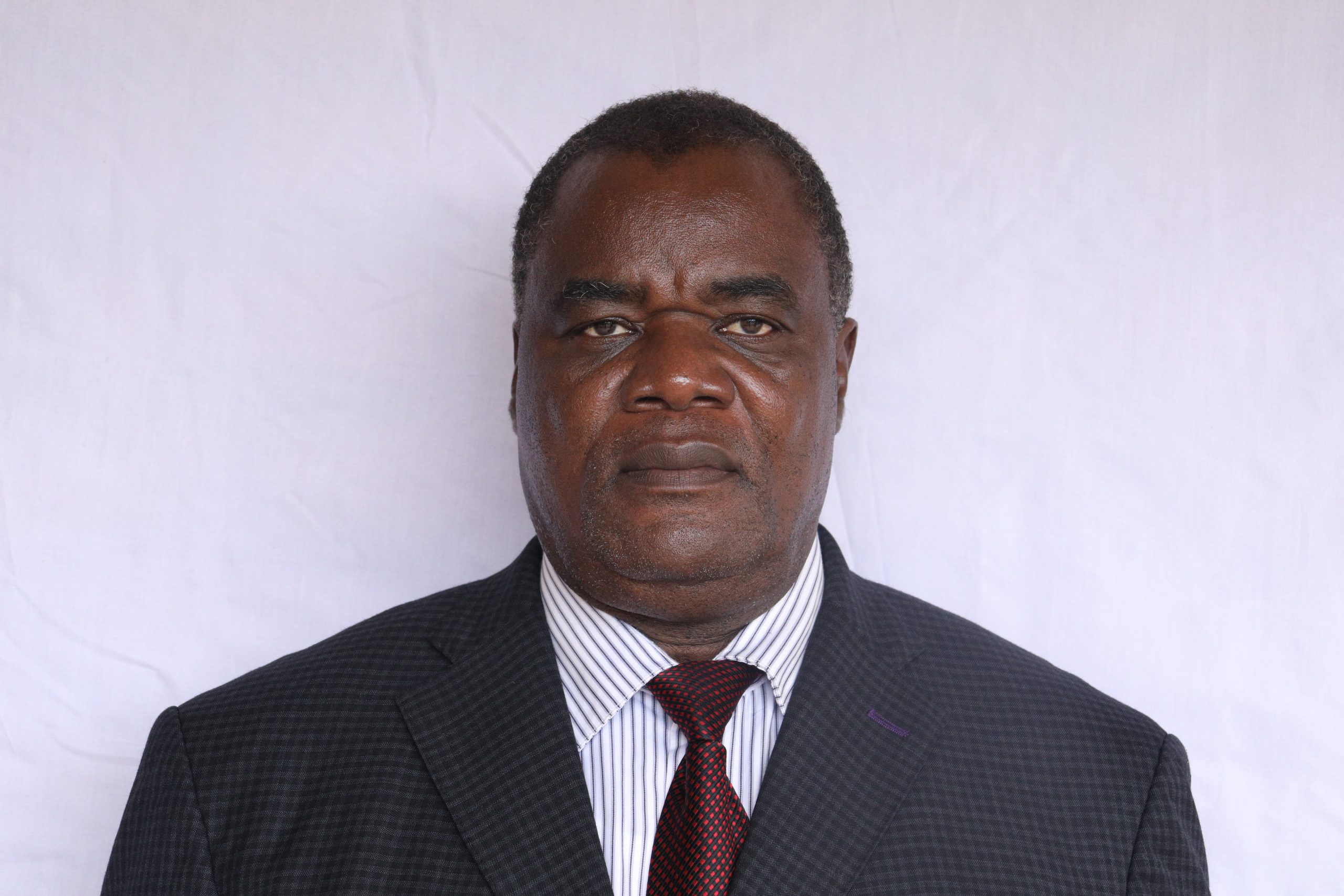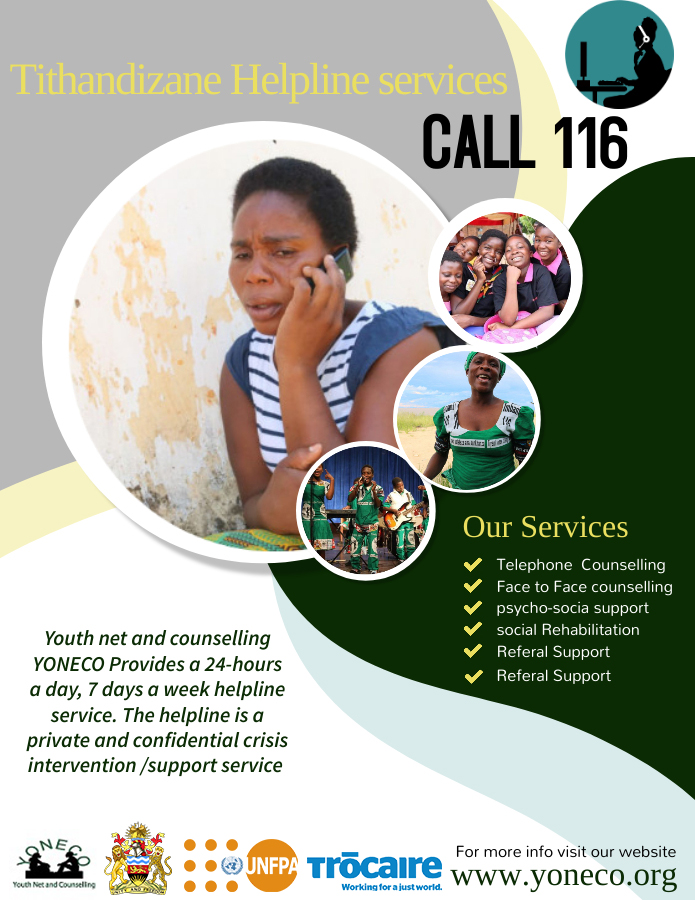Greetings Dear Reader,
February 2023 concludes with some interesting developments in Malawi in relation to climate change and environment. We have had two cyclones – Cheneso and Freddy. We hope there will not be any more cyclones affecting Malawi this year. However, other countries like Turkey and Syria have also been badly affected by various natural disasters. We wish them well to build back better.
While the past two cyclone months have gone well, the effects of heavy rains have left Malawi grappling with its climate change and environmental management strategy. Firstly, it has exposed the lack of preparedness in the area of climate change ranging from the construction industry through to the drainage systems in the country. We have observed with concern that we do not have climate change ready engineering systems as we do the constructions. Either the construction industry requires revisiting, or we need to change whether the specifications in the tenders are the ones that are being tested. The rains are really putting to test our construction industry in the face of climate change. The rains are also probing our urban planning and environmental management. We are experiencing severe flooding in our major cities which is terribly wrong.
It is important to interrogate our urban planning systems and practices. Some families have lost their houses and lives in some cases. We have seen children cherishing indoor swimming pools that were formed by flash floods right in the sitting rooms and bedrooms of houses around Machinjiri township in Blantyre. We need to ask what has gone wrong with urban planning in Malawi. Plainly, this has also exposed urban poverty which is something that needs to be properly managed in the long run.
While planning and poverty are central in the processes, the rains and climate change continue to put to test the quality of the services in general. The small S143 road from Skinala to Matawale in Zomba city, the collapsing of the bridge along Peter Mutharika Highway around Mwima in Balaka and the collapsing of Area 49 Shopping Complex are all pointing to the fact that something is not right. As a country, we need to seriously reflect on our processes and systems and ask ourselves what has gone amiss.
One would not talk about the lack of readiness in the climate change and environmental management without talking about electricity. According to the plans and announcements, we were supposed to be having good electricity in February 2023. By now, electricity blackouts were supposed to be history. Ironically, the Electricity Supply Corporation of Malawi (ESCOM) is busy informing the general public of prolonged load shedding schedules in the subsequent weeks. We have been informed that Electricity Generation Company (ENGENCO) is having challenges with the increasing debris into the machines due to increasing water levels in the Shire River. Well, we thought the Malawi Compact addressed these issues and we had high expectations. What is clear though is that, while the systems and structures were out in place with quality machines, there was limited preparedness for the run-off from the deforested land. One therefore would only wish that a very aggressive reforestation programme should be implemented to cater for these challenges. The situation is challenging because if the Malawi Vision 2063 is to be achieved, energy is a very critical sector. Simply put, there is no industrialisation without power. We really need to relook at this as a country at all levels and ensure that the electricity issue is addressed once and for all.
Malawi remembers its fallen heroes on March 3, 2023. This is an annual memorial that was set aside to remember the souls of brave men and women who died or got arrested in the fight for independence. These were courageous sons and daughters of Malawi that fought for our freedoms. While political freedoms were achieved, we need to reflect critically on the economic freedoms that we are yet to attain. We need to strive for economic freedoms of a common Malawian. We should never accept the economic dependence of Malawians who live in an independent country. We need to fight for this as we celebrate our heroes. The question each one of us should ask is: ‘Am I contributing to the economic independence of Malawians or not?’
Annually, the International Women’s Day (IWD) falls on 8 March. This year, the Day will be commemorated under the theme “Equal opportunities are no longer enough.” As a country, we have so many pieces of legislation and policy frameworks for women empowerment and support. However, we see so many challenges facing women ranging from abuse and violence to lack of access to services. We need to rethink all the issues if we are to achieve the agenda 2030 and Vision 2063.
Allow me to conclude with the Commission on the Status of Women (CSW67) convening in New York from 6 March to 17 March 2023 followed by Water 2023. These important events are critical for the advancement of women’s rights and Malawi is participating in all of them. The question is; After these events, so what? International and local partners should not be excited about participating in these programmes but rather be concerned with what implementation modalities do we have after these events. Our development partners and the Malawi government have been good in galvanizing participation in these events, but we fall short of implementing the very agreements we assent to after the meeting. Is this mere rhetoric?
I wish you a wonderful month of March 2023.


